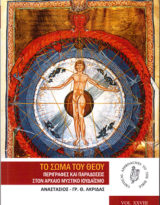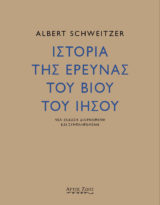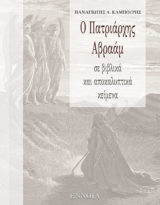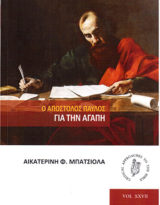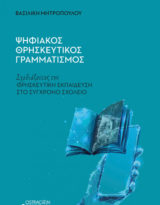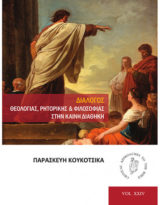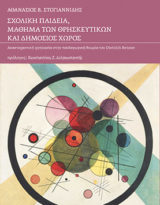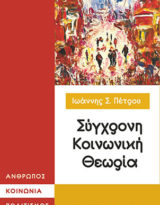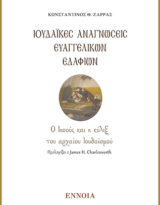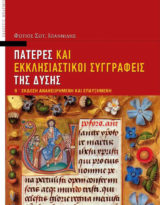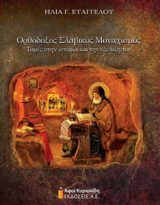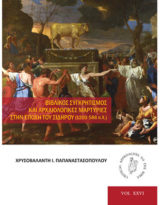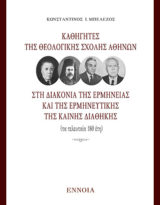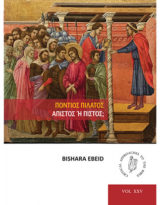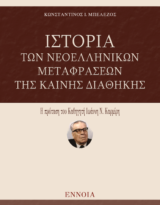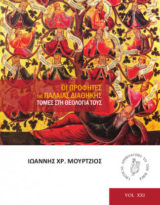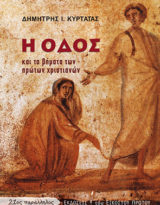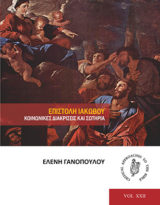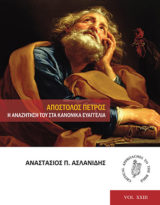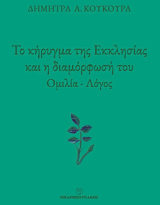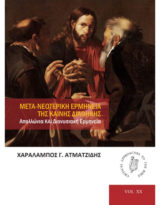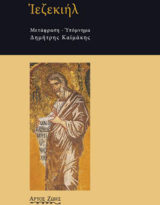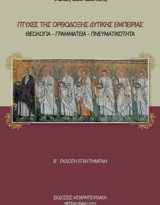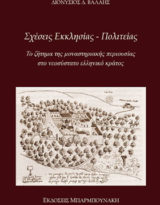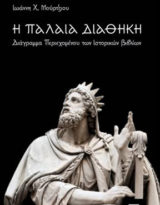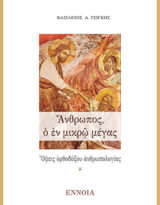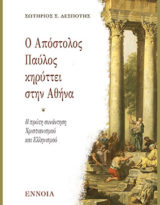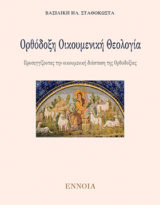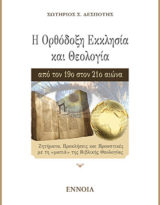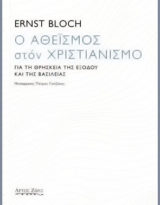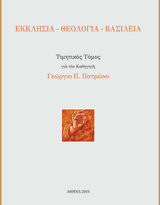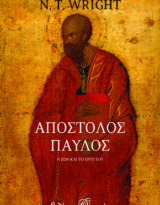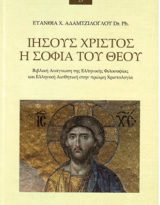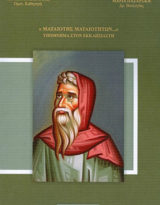Περίληψη της εισήγησης του Αναπληρωτή Καθηγητή του Τμήματος Θεολογίας του ΑΠΘ στο Διεθνές Συνέδριο με θέμα: «Ο Αμβρόσιος Μεδιολάνων στη χριστιανική γραμματεία και θεολογία»
In this paper, we will try to examine the status of St Ambrose in the Byzantine Tradition from 5th to 15th c. Our primary goal is to ascertain and demonstrate the prestige and importance attributed to the personality and the work of St Ambrose by Byzantine writers in the literature of these centuries. At a second level, by examining the sources, we seek to demonstrate how he was valued by the Fathers of the united Church.
In modern Orthodox bibliography underlies an attitude of constant orientation towards the Greek-speaking Fathers of the East and a tendency to depreciate the value and authority of the Latin Fathers, especially those of 4th and 5th c.
The person of St. Ambrose does not escape from this tendency, and, as a matter of fact, he is poorly mentioned and used in modern Orthodox theology. Certainly, the cause of this phenomenon is well known and lies to the great abscission that occurred by the conflict between the Eastern and Western Church, owing to the official addition by the Roman See of the filioque in the Nicean Creed from the 9th c. The doctrinal controversies that started this period and the explanatory principles that introduced by Photius the Great dragged to conflictual tactics even the great Church Fathers. Eastern and Western Fathers, who were acknowledged as the sources of theology and interpreted or explained the faith of the Church in any spatiotemporal frame, were mobilized on the one hand to defend the united and unshakeable Trinitarian tradition, or, on the other hand, to support a new approach of the Trinitarian doctrine accepted by the West.
The result of this process was utterly different from the notion that the Byzantine writers had till that time for the value and authority of the Fathers of the united Church. The Latin Fathers and especially Ambrose and Augustine, were used to support theologically the acceptation of filioque because of their lingual and cultural proximity with the Western Church. This fact had initially embarrassed their eastern counterparts, who reacted by revitalizing the prestige and authority that Latins enjoyed until then. The majority of Greek-speaking Fathers after 9th century constituted a safe criterion of interpretation and explanation of the faith, although the Byzantines never accepted that the Latin Fathers were at fault or suspicious of heresy.
St Ambrose’s personality and work influenced three particularly significant literally genres of Byzantine literature; history and especially Church history, anteretic texts, and doctrinal anthologies, which presented either autonomous or embodied in the minutes of Ecumenical or local Councils.



